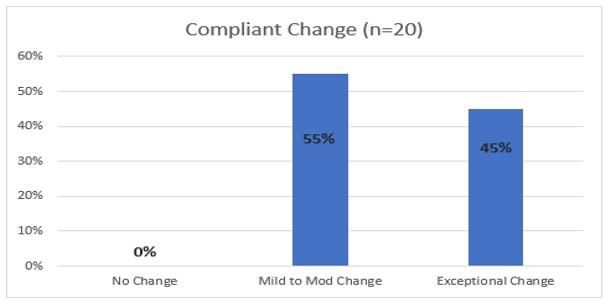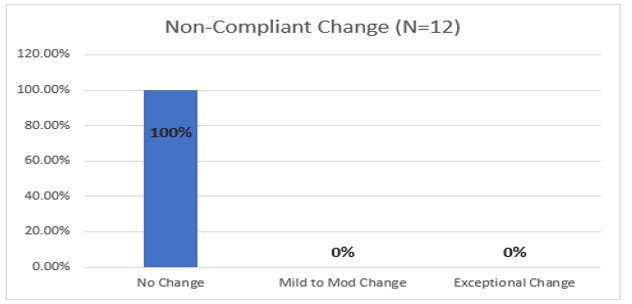Intensive Case Management for Social Determinants of Health
Telemedicine On-Line Visits – Call (901) 746-9438
At IAC, our case management wraparound services provide an intensive and individualized program that is intended to guide our patients through the process of solving their complex social needs. Our case management services revolve around our patients and we consciously work to meet them where they are at in their lives.
- We have dedicated an “around the clock” phoneline that our patients can access at any time, especially when they are
feeling vulnerable to relapse. - Our services involve helping patients with legal issues, updating resumes, connecting them to employers in the community,
driver license reinstatement or any proactive approach that will progress their lives further. - Our case management provides supportive structures to our patients through peer recovery support, community navigation
and are proactive in connecting our patients to resources that empower them and help them to become self-sufficient.
We believe that recovery should involve wraparound case management and an integrated approach.
The work of our case manager is closely integrated with that of our whole care team, addiction/family medicine physicians, nurse care manager and
behavioral health specialist.
One of our patients said this below about IAC’s care, especially the case management….
My name is Candice Lock and this is my story.
“I suffered tremendous loss in the loss of my husband and then the death of my son. My journey since then has been hard due to the decision making (or lack thereof) process. I had never experienced loss or pain such as that and had none of the tools I needed. Which led to my drug-use, incarceration and being shot. During this time I had developed an F-it attitude.”
“Meeting Dr. Hamm/ Dr. Blackstock has helped me to gain sobriety and they have stuck by me. When I relapsed repeatedly, they never stopped caring or judged me based on my addiction and once I began to really take my sobriety serious, they continued to go above and beyond for me. Ross Nagler (Case Manager) has introduced me to Mr. Steve Nash (co-owner of Advance Memphis) and I have since then started and completed their work-life program and received my forklift certification. I also was able to deal with some core issues that I had been suppressing. The result is a sober, self-sufficient person who is eager and willing to learn new things. So I say thank you to the staff at IAC Associates and Advance Memphis for all the love and support they have given me on my journey.”
– Candice Lock
“Real live data” about the impact of case management on our patient’s lives.
In the figure below, you can see outcomes data for patients who receive treatment from our case manager.
These data outcomes are being expanded as we see more patients every day. At this point, patients have been in treatment for 3-4 months.
We have divided the patients that work with our case manager into two groups: those who come regularly to appointments and consider/act on the suggestions they receive (we call this the “compliant” patient group), and those who do not come regulatory to appointments and generally ignore the suggestions they receive (we call this the “noncompliant” patient group).
We collected data in several different domains:
- health (visits to the emergency room, hospitalizations), retention in treatment (time in treatment, attendance at
treatment visits, urinary drug testing results, relapses), - education/workforce participation (enter an educational program, secure a job that provides stable employment),
- contact with the criminal justice system (arrests, incarceration, court appearances),
- legal issues, social stability (family, friends)
….
A scoring system was developed based on the above outcomes and patients were placed in three groups:
no change, mild-moderate positive change, exceptional positive change.
The data is shown below and indicates that in the compliant patient group (“compliant change”), 100% of patients saw positive change with about 55% showing mild-moderate positive change and 45% showing exceptional positive change. In contrast, in the noncompliant patient group (“noncompliant change”), 100% of patients displayed no positive change.


